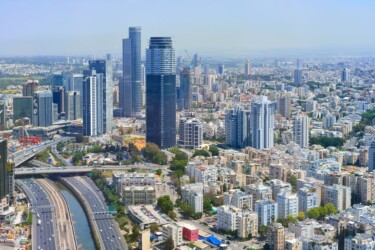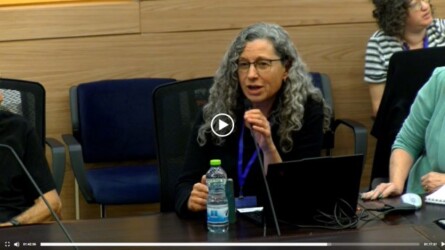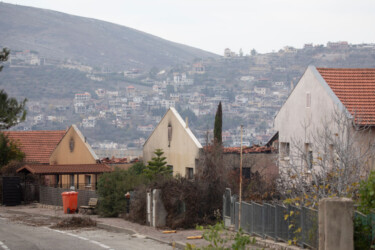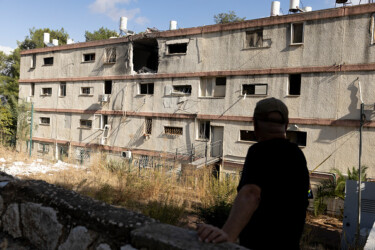Connect to schedule an interview
+972.4.829.2329
Neaman in the media
Food Sec & Tech Israel: Second National Conference on Food Security & Technology | Walla
New Research Reveals Gaps and Challenges on Multicultural Campuses in Israel
A new study by the Samuel Neaman Institute examined the attitudes, perceptions, and experiences of 1,200 Jewish and Arab students enrolled in heterogeneous academic institutions across Israel. Conducted during the 2023–2024 academic year in collaboration with the Rothschild Foundation, the research highlights the challenges and opportunities of shared academic spaces and emphasizes the impact of campus climate on students’ learning experiences and the promotion of universal values. Living together on multicultural campus: Student’s Perspectives in Israeli Higher Education Institutions https://www.neaman.org.il/en/living-together-on-multicultural-campus/
Education Committee to Address School Readiness as Northern Residents Return Home | Maariv
Greenhouse Gas Emissions Drop by 13% Among Voluntary GHG Reporting Companies | infospot
National Food Security Scenarios and Objectives for 2050
Eyal Shimoni, Sima Tziperfal, Naama Shapira
Haifa, Israel – The Samuel Neaman Institute has released a second report on Israel’s national food security projections for 2050. This strategic research document offers a comprehensive approach to ensuring Israel’s food security, with a critical focus










